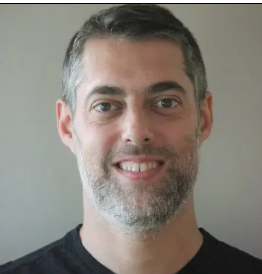-
Science 2.0 - Evolving the Scientific Method in the Age of AI
JOINT PACM / CSML Colloquium
Abstract:
The scientific method has driven humanity's intellectual advancement for centuries. Yet growing concerns about scientific stagnation demand fundamental reexamination of its foundations. The emergence of large-scale AI systems (statistical, generative, and symbolic) presents both unprecedented opportunity and necessity to reconceptualize scientific discovery itself.
Historically, scientific models emerged through manual, first-principles deductive approaches that yielded interpretable symbolic frameworks with remarkable universality despite limited data. While time-consuming and expertise-dependent, these methods contrast sharply with modern data-driven techniques that enable rapid automated development but often produce non-interpretable models requiring extensive training data with poor out-of-distribution generalization.
This lecture explores emerging approaches to mathematical model discovery that transcend this historical divide by connecting inductive, data-driven techniques with deductive, knowledge-based reasoning. We highlight two hybrid frameworks: AI-Descartes, a generator-verifier paradigm that couples hypothesis induction with deductive formal validation against background theory, and AI-Hilbert, which unifies hypothesis generation and testing into a single process. We also introduce an algebraic-geometric perspective on model discovery and discuss AI-Noether, a framework for revising background theory itself via abductive reasoning.
Ultimately, we advocate for a conceptual evolution of the scientific method, beyond mere automation, toward deeper integration of AI in the pursuit of interpretable, generalizable models.

